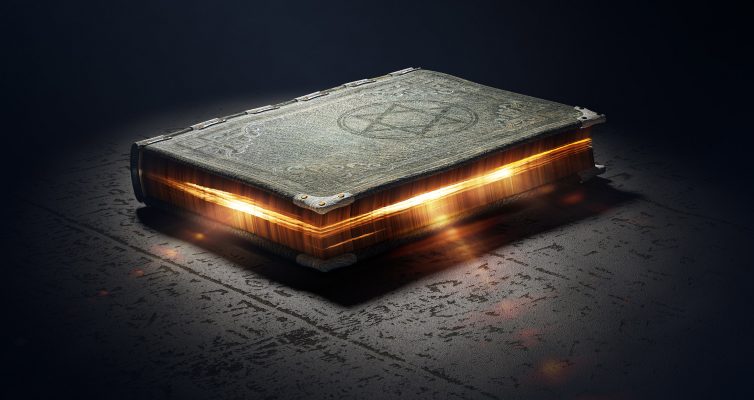It’s a funny thing about writing. It turns out it’s hard. In my efforts to become a published novelist, I’ve had many opportunities to learn some things about writing fiction. One of my first lessons, for instance, was that a Venn diagram of writing skills for journalists and writing skills for fiction has surprisingly little overlap. It probably looks something like this:

Imagine my surprise in discovering this.
In arrogance rooted somewhere between general competence and blissful ignorance, I started my novel with the assumption that my ability to properly string words together for an article would lend itself just fine to writing books.
Again, imagine my surprise.
Another lesson is that one can learn a lot by critiquing (critting, in the parlance of the industry) and editing other writers. In my experience so far, there is no better way to improve your own writing than critting others.
Tip: If you’re a writer who stumbled across this, the Water Cooler forums at AbsoluteWrite are an amazeballs place to crit others and have them crit you. Play your cards right, and you might even find someone to become a critique partner (CP) who regularly works with you.
It’s easier to identify problems critting someone else’s writing. Then, having seen it elsewhere, I can recognize it in my own work. I don’t think I’m alone in this, either; one of the most common bits of advice aimed at new writers at the Water Cooler is to spend time critting others.
I should add that the fact you don’t know what you’re doing is irrelevant. Firstly, people quickly learn whose advice to take, and secondly, every pair of eyeballs you can get on your work will make it better. Thirdly, by critting and reading other crit notes for the same material, you learn even more. The bottom line is DO NOT BE SHY!
I’m breaking a cardinal rule of writing, though, because this is all setup for what I really wanted to write about, which is an epiphany on reading. In On Writing (Amazon, iBooks) Stephen King talks about the importance of reading for writers. Read widely, he says, and as much as possible.
This is tremendous advice, especially for new writers who can easily get lost in writing and editing their own work, and then critting for other new writers. Don’t let yourself fall into that hole—read, read, read.
We’re edging closer to my epiphany, so stay with me. Without having thought about it, my modus operandi was to find and read the best books I could. Fine writing, I fancied, would rub off on me. Plus, I love great books. I’m kind of a super snob about it.
Of the last three books I read, one was among the best books I’ve ever read. EVER. It’s called Jellicoe Road (Amazon, iBooks) by Melina Marchetta. I mean this book knocked my socks off. It’s a YA tale with layers and layers of threads that all get woven together into an amazing ending that left me sobbing.
Don’t tell anyone that last bit. I’ve got a manly image to protect.
The other two books will go unnamed, and that’s because they are utter rubbish. It’s stunning to me they could get published. It’s astounding either author could even get an agent. I am not being hyperbolic for dark humor’s sake, either. Both books are garbage.
But guess which book(s) taught me the most? Reading Jellicoe Road was a wonderful demonstration of great writing, and was something to dream of achieving some day. But the two bad books reminded me of lots of things not to do, demonstrated why some specific bits of writing advice are correct, and helped me realize why I like some things in great writing.
The bad is the flip side of the good, and both help me improve my own craft. Sometimes separately, sometimes in concert. That led to my tweeted epiphany:
Great writing is inspirational. Bad writing is educational. #amwriting #amreading
— Bryan Chaffin (@TMOBryan) June 24, 2016
It also helps me think differently about reading crappy books. Every bit of reading is a learning opportunity for writers, and now I can truly appreciate all of those opportunities.
So to the authors of these two most recent shitty books: Thanks!


